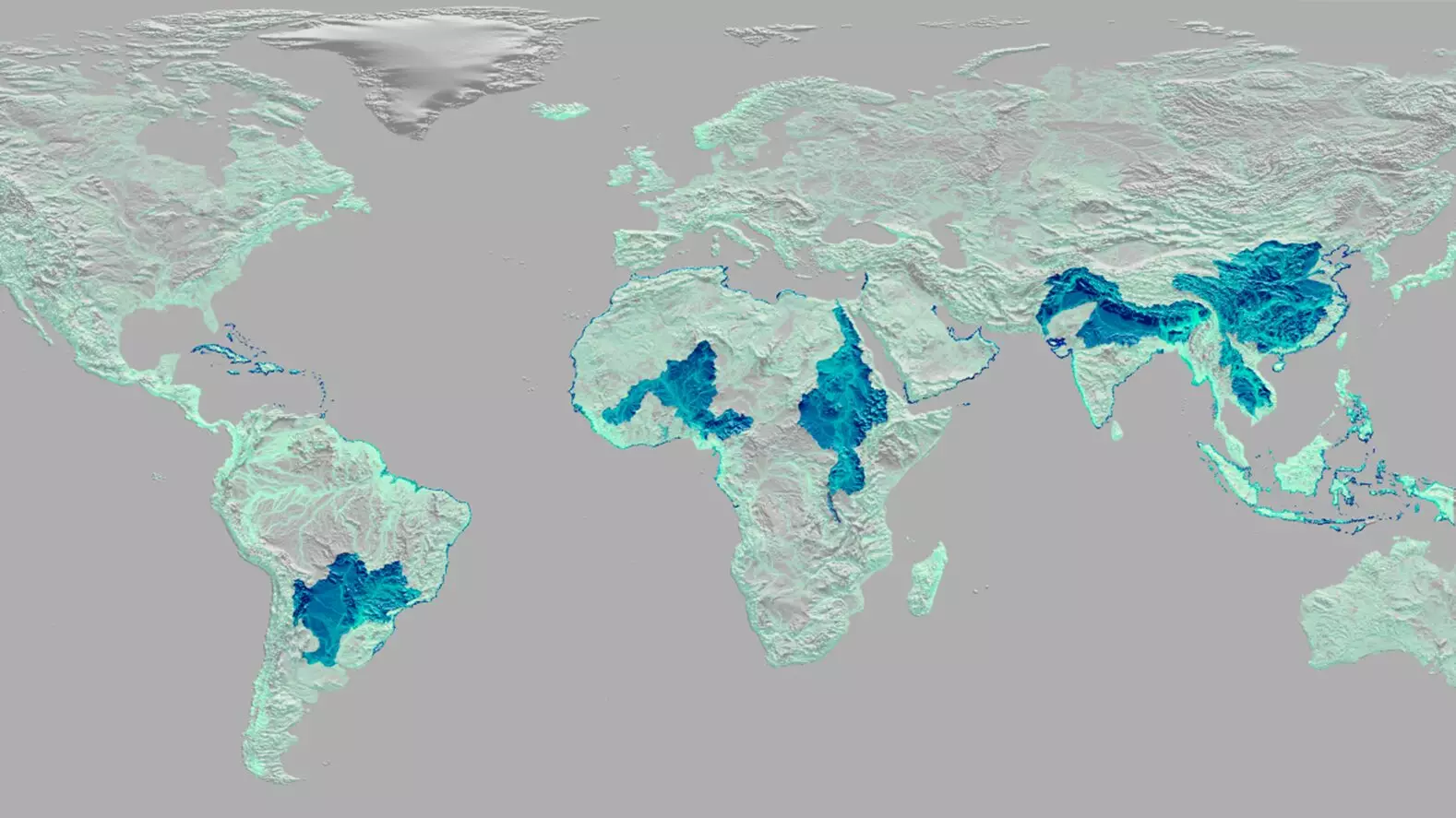In an era defined by rapid urbanization and relentless consumerism, waste management is more critical than ever. Yet, despite technological innovations and increased awareness, the goal of achieving zero waste leakage by 2030 appears increasingly unattainable. A recent study by the International Institute for Applied Systems Analysis (IIASA) underscores the gravity of this challenge. It reveals that without drastic reforms, waste will continue to infiltrate our waterways, ecosystems, and ultimately threaten our collective well-being. This isn’t simply an environmental issue—it’s a moral imperative, demanding bold, coordinated action across the globe. The findings paint a sobering picture but also highlight pathways we can pursue with focused commitment.
Visualizing the Scope of Waste Leakage and Its Global Impacts
One of the most alarming revelations from the IIASA analysis is the geographical concentration of waste leakage. Africa, China, India, and South Asia emerge as hotspots where the scale of improper waste disposal jeopardizes aquatic ecosystems. These regions, often grappling with socio-economic constraints, lack robust waste infrastructure, leading to staggering amounts of everyday refuse—including plastics—finding their way into rivers, lakes, and oceans. Notably, this leakage isn’t confined to visible, accessible water bodies; it extends to remote environments like the Arctic and Antarctic, showcasing the far-reaching consequences of mismanaged waste. These findings challenge the misconception that pollution is a localized issue; instead, it vividly illustrates how discarded materials travel vast distances, disrupting biodiversity and endangering human health across continents.
Limitations of Narrow Focus and the Need for Holistic Strategies
A crucial insight from the study is that targeting individual waste streams—like single-use plastics—while significant, may inadvertently shift the problem rather than solve it. For instance, replacing plastic cups with paper alternatives often results in increased paper waste, which can also contribute to environmental harm if not managed properly. The core lesson here is that focusing solely on specific waste types can lead to unintended ecological costs. What’s required is a comprehensive, multi-pronged approach that addresses the total waste footprint, encompassing various materials and waste management processes. Only then can we hope to mitigate leakage effectively, rather than simply shifting the problem around.
The Power and Necessity of Universal Waste Collection Systems
One of the most actionable strategies highlighted by the researchers is the implementation of universal waste collection programs. These systems must be standardized globally to ensure consistent, efficient removal of waste from land and water. The importance of such infrastructure cannot be overstated: without it, even the most ambitious waste reduction policies are likely to fall short. Universal collection acts as a frontline defense, capturing waste before it reaches aquatic ecosystems. However, establishing these systems requires significant political will, investment, and international cooperation—elements that are often missing or inconsistent. The study emphasizes that a successful global framework, which tracks waste generation, composition, and movement, is paramount for evaluating progress and adjusting strategies dynamically.
Toward a Sustainable Future: Policies, Behaviors, and Technological Innovation
Addressing waste leakage extends beyond infrastructure; it calls for a fundamental change in human behavior and policy frameworks. The study’s authors advocate for a paradigm shift—encouraging practices like refuse, rethink, and reuse. These behaviors reduce waste at the source, alleviating pressure on collection systems and minimizing leakage potential. Moreover, technological advancements offer promising tools for tracking and managing waste flows more efficiently. Policy initiatives must harness these innovations, fostering collaboration across sectors and borders to develop adaptable, scalable solutions. Achieving this requires a collective recognition of our responsibility—not just as consumers, but as stewards of a shared environment.
Why We Cannot Afford to Wait
The implications of the IIASA findings are clear: delaying action further endangers both ecological integrity and human health. The study warns that, without accelerated, coordinated global efforts, clean waterways and resilient ecosystems might become unattainable. The question isn’t just about environmental preservation but about safeguarding our future generations from the mounting costs of environmental degradation. This challenge demands more than isolated initiatives; it requires a seismic shift in how societies view waste—not as a disposable byproduct but as a resource to be managed with responsibility and foresight.
In this critical moment, we are called to prioritize systemic reforms, embrace innovative solutions, and reshape our behaviors if we are truly committed to a cleaner, healthier planet.

